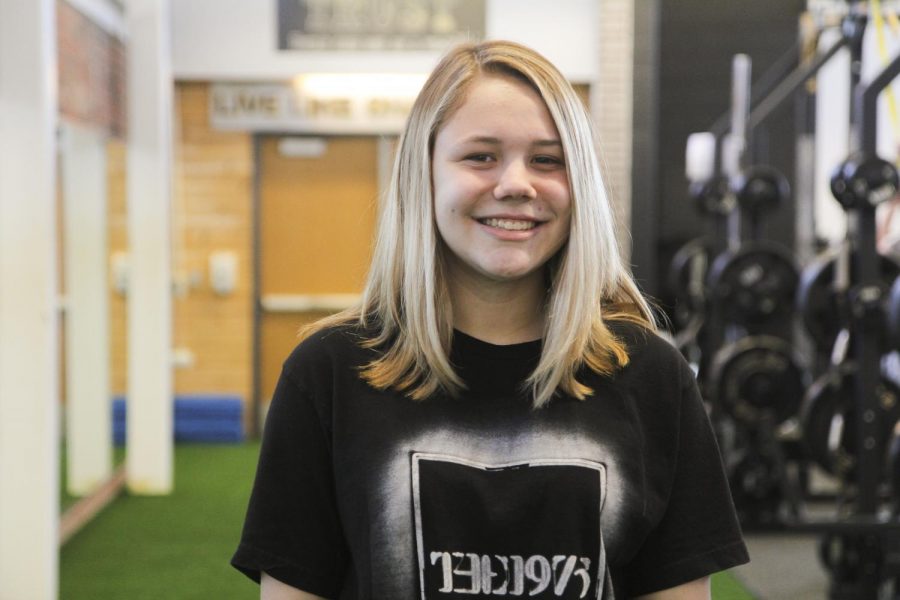LIKE ME
Social media should not be validation source
According to Convince & Convert, 56 percent of Americans have a profile on a social-networking site. So it’s safe to say social media is an efficient tool many of us like to believe we benefit from.
We get to connect and communicate with millions of people we wouldn’t on a daily basis.
We learn and are exposed to more of our world than we’ve experienced up until now.
But just like everything, there is a dark side.
Likes, comments, shares, retweets, favorites, followers, friends and subscr
ibers have become a way to measure our value, rather than the actual content posted.
Once upon a time, before social media, self-validation was reliant on human interactions. People simply took pictures to remember an event.
But now, people take pictures to post online to validate an experience. We have the mindset of “If I don’t post it, then it didn’t happen, and it doesn’t matter.”

A survey from the statistics company StatPro found that 68 percent of people share information on social media to define their identities, a phenomenon psychologists refer to as “contingent self-worth.”
So what can you do? Well first, unplug.
If you’ve noticed social media has made a negative impact on your life, taking a break might be most
beneficial.
Second, refrain from making comparisons.
When you see people living the life you want to live, it’s hard to not feel a little envious and motivated to post something cool yourself.
But when you wait for other people to confirm that what you’re doing is cool, you’re basing your opinion of yourself on someone else.
Finally, get back to good old-fashioned face-to-face communication.
You can have one million or even a hundred million followers. In the end, your real friends are the ones that offer you a hand to hold and a shoulder to cry on.
There is no denying that social media is a major channel of our interconnected planet, but remember that it’s only a small part of your life and not your whole world.

McKenna Cole is a senior and the Managing Editor for “The Tiger Print.” In her free time she enjoys hammocking, drag queens, guacamole, serving the...




